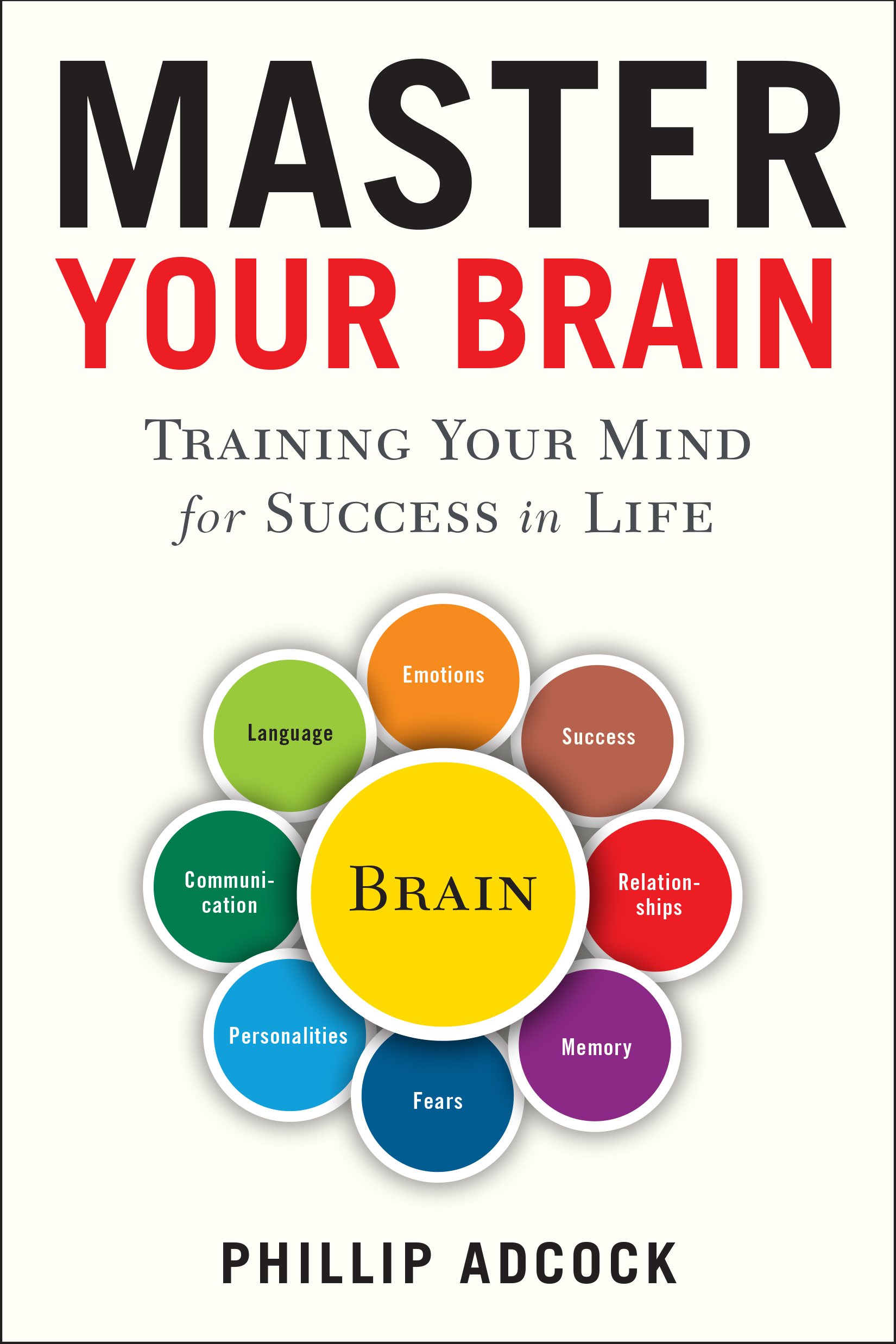
Interviews are strange beasts.
You put 2 people together who’ve never met before, so it’s not surprising the subsequent interpersonal communication can go a bit haywire. Especially when one person is a nervous, struggling to speak, fidgeting and a host of other nervous behaviours.
The real reasons people get nervous in the interviews, is because they really want the emotional benefits of getting that job. And that’s the key: it’s all to do with human emotion. Why we really want that job, how we feel if we’ll get it and that’s why our brains tend to mess up the interview for us!
Fortunately, once you know how and why your brain tends to mess up interviews, it becomes much, much easier to rein it in and take control. Here are 5 ways to manage your brain in an interview.
Practise poise posture
Firstly, how you feel mentally stems from 2 distinct but equally important factors: What’s happening between your ears (we’ll return to that shortly) and your physiology, your poise and posture.
Try this yourself. Sit or stand in front of a mirror and start to feel proud, really proud. Imagine you’ve just achieved a major goal in your life. Feel the pride growing ever stronger. Now notice your posture: head and shoulders up and chest out. That’s what pride looks like!
Now start to feel sad: you’ve just lost something and miss it terribly. What does your body do now? Shoulders drop and hunch. Your head also drops. Your bottom lip may protrude and you exhibit a very different facial expression to when you were proud.
Do you want to feel confident and charismatic at your next interview? Then observe and practice the poise and posture of such a feeling. Because you know what? Your body language can be a result of how you feel, but crucially, it will also alter how you feel.
Learn your lines
Secondly, self-belief. Returning to what’s taking place between your ears. Do you really think you can get that job? If not, then guess what, that’s what your brain will provide for you. Our inner beliefs are very, very persuasive in our brains. You simply must enter the room with a firm belief that you can and will nail that interview. Do some homework. Predict the types of questions you’ll be asked. Then spend time coming up with the best answers you can give.
Walk the talk
Thirdly, think about your appearance. In fact don’t just think about it, once again believe in it. When I first began presenting to 10s, then 100s, then 1,000s of people I was particularly fastidious about what I looked like. In my case I’d always buy (and press) a new white shirt and usually be wearing a brand new suit too. How did this work so well? Because it enabled me to really walk my talk.
Own the space
The fourth technique for improving your confidence and charisma is to pay attention to the physical setting in which the interview is taking place. If there are things that dent your confidence, try to address them. For example, if you are sitting lower than the interviewers, psychologically you’ll feel lower and smaller too. So, even though you can’t alter your chair, sit as straight and tall as you can.
Are there aspects in the room that will impact on your mental state? If there are lots of books behind the interviewers for example, your brain will perceive the interviewers, as being more intelligent (strange but true). To counter this, ask a question about the books in the casual introductory stage of the interview. This will bring them into the consciousness of you and the interviewers, thus reducing their sub-conscious influence.
Confidence and charisma
Finally, attend the interview armed with confidence and charisma building props. Got a pen? Get an expensive heavy one and use it during the session. The same goes for any notepad you take, make sure it is hard backed. We are more seriously minded when we are using hard and firm props.
Just as people tend to be more firm and authoritative when seated on a hard chair, they write more directly when using a heavy pen. The reasoning for this is that able bodied people have 5 senses and each one sends information to the brain constantly.
So next time you attend an interview, be mindful that the words coming out of your mouth represent as little as 7% of what you are communicating overall to your interviewer. So sweat the small stuff!
Phillip Adcock is a commercial psychologist and author of Master Your Brain: Training your Mind for Success in Life. Available now on Amazon.










